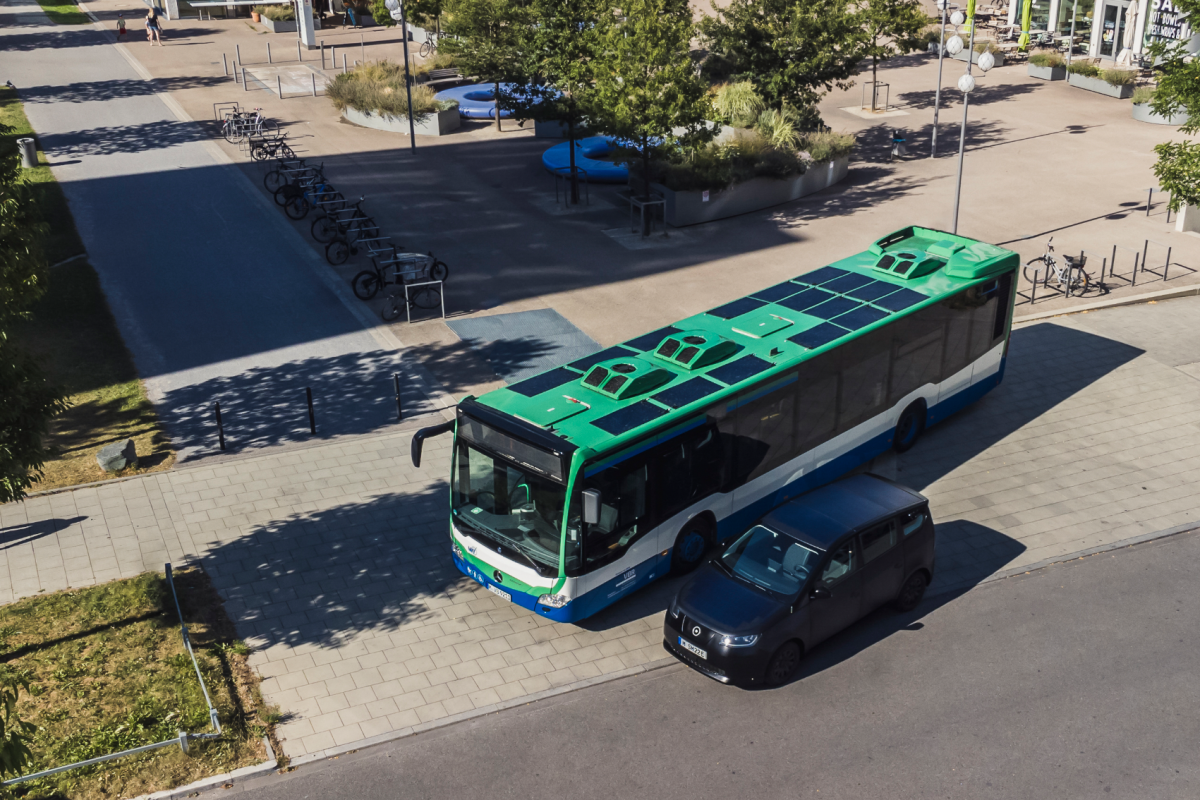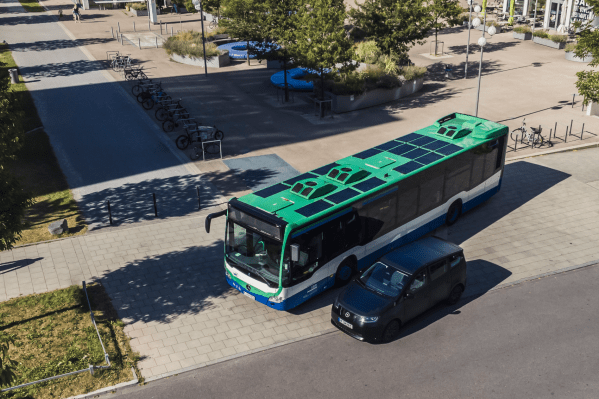Business
Sono Motors has killed off its Sion EV in a pivot to solar tech business


Sono Motors is ending its long-awaited electric car program and instead pivoting to a business that aims to sell its solar vehicle technology to other businesses.
The German-based company, which went public in November 2022, announced Friday it is laying off 300 employees as a result of the change in business model. COO Thomas Hausch is also leaving his position.
The shift appears to be driven by a one-two punch of a high-cost EV program coupled with quickly depleting capital. Sono Motors has been plagued by financial issues for years, at one point nearly shutting down altogether until it appealed to and received support from individuals through a crowdfunding campaign.
The Sion EV program, while the original centerpiece of the company, has been a consistent drag on its budget. The company said an estimated 90% of its funding needs for 2023 were dedicated to the Sion EV, a $25,000 five-seater hatchback that was supposed to go into production later this year.
Sono Motors will now turn its attention to selling a technology that it developed for its Sion EV: solar embedded into the vehicle. The company’s business will retrofit and integrate its solar technology, which includes power electronics and software, onto commercial vehicles such as buses as well as cars produced by OEMs.
“This pivot marks a significant step in Sono Motors’ business development,” said Sono Motors CEO and co-founder Laurin Hahn said in a statement. “Even though we had to terminate our original passion project, the Sion program, shifting our entire focus to business-to-business solar solutions provides us with an opportunity to continue to create innovative products in the solar space. It was a difficult decision and despite more than 45,000 reservations and pre-orders for the Sion, we were compelled to react to the ongoing financial market instability and streamline our business.”
Sono said it has 23 business-to-business customers today that are piloting its integrated solar technology on a range of vehicles, including third-party OEM cars, buses, refrigerated vehicles, and recreational vehicles. Sono said it’s working with Mitsubishi Europe, CHEREAU and Volkswagen subsidiaries Scania and MAN Truck & Bus.
The German-based company got its start in 2016 when co-founders Jona Christians, Laurin Hahn and Navina Persteiner — seeking a way to reduce society’s dependence on fossil fuels — kicked off an ambitious plan to build an electric passenger vehicle that was partially powered by the sun. (Persteiner left the company in 2020) From afar, prototypes of the Sion vehicle looked like a compact car with black paint. Upon closer inspection, the entire exterior of the vehicle was actually comprised of hundreds of solar cells that had been integrated into polymer instead of glass.
In January 2021, the company announced it planned to license its solar body panel technology to other businesses. These solar cells convert sunlight into energy, which is stored in the vehicle’s battery. At the time, Hahn said the technology will make vehicles less dependent on charging infrastructure. It can also support auxilliary power applications such as the electricity used to power a refrigerated truck.
A product, dubbed the ‘Solar Bus Kit’ is planned for the second quarter of 2023.
-

 Entertainment7 days ago
Entertainment7 days ago‘Interior Chinatown’ review: A very ambitious, very meta police procedural spoof
-

 Entertainment6 days ago
Entertainment6 days agoEarth’s mini moon could be a chunk of the big moon, scientists say
-

 Entertainment6 days ago
Entertainment6 days agoThe space station is leaking. Why it hasn’t imperiled the mission.
-

 Entertainment5 days ago
Entertainment5 days ago‘Dune: Prophecy’ review: The Bene Gesserit shine in this sci-fi showstopper
-

 Entertainment4 days ago
Entertainment4 days agoBlack Friday 2024: The greatest early deals in Australia – live now
-

 Entertainment3 days ago
Entertainment3 days agoHow to watch ‘Smile 2’ at home: When is it streaming?
-

 Entertainment3 days ago
Entertainment3 days ago‘Wicked’ review: Ariana Grande and Cynthia Erivo aspire to movie musical magic
-

 Entertainment2 days ago
Entertainment2 days agoA24 is selling chocolate now. But what would their films actually taste like?




















